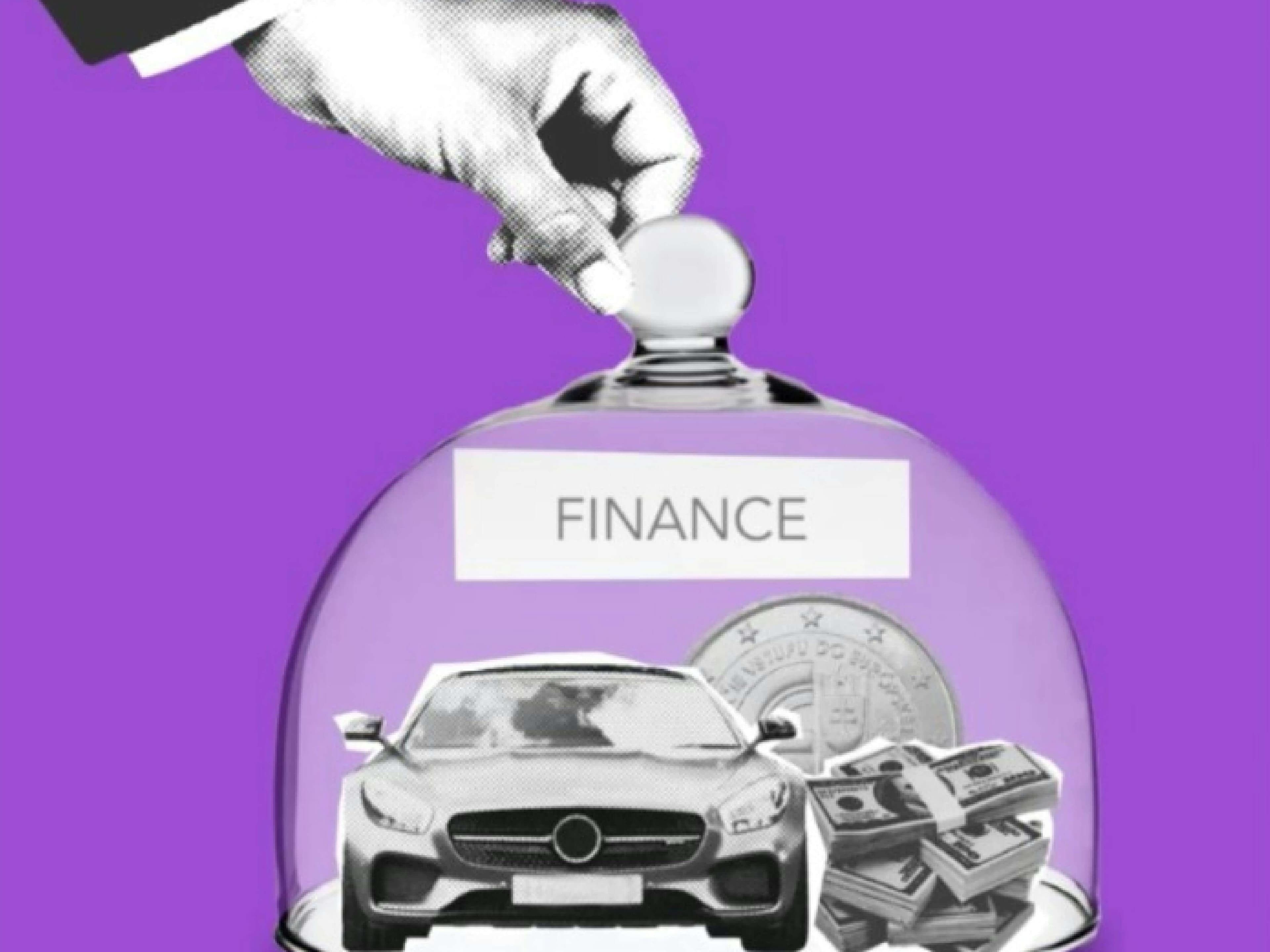What Credit Score is Needed for Car Finance in the UK?
When applying for car finance, one of the most important factors lenders consider is your credit score. But how good does your score really need to be? Can you still get approved if your credit isn’t perfect? In this guide, we’ll break down everything you need to know about credit scores and car finance, including what score you might need, how lenders assess you, and how to improve your chances of approval.
July 23, 2025

📊 What Is a Credit Score?
A credit score is a number that represents your financial behaviour — like how you’ve managed credit, loans, and repayments in the past. Lenders use this score to decide how risky it is to lend you money.
While there’s no single “magic number” that guarantees approval, generally, the higher your credit score, the better your chances of securing a car loan with lower interest rates.
🚗 How Does Your Credit Score Affect Car Finance?
Your credit score can influence:
Whether you're approved for car finance
The interest rate you're offered
The deposit required
The length and terms of your agreement
A high credit score usually gives you access to better deals, including lower APR and more flexible repayment options. A low credit score doesn’t mean automatic rejection — but you may face higher rates or need to work with a lender that specialises in bad credit car finance.
🏦 What Credit Score Do You Need to Finance a Car?
In the UK, your score can vary depending on which credit reference agency (CRA) is used. The three main CRAs are:
Experian (Score range: 0–999)
Equifax (Score range: 0–1,000)
TransUnion (Score range: 0–710)
Each lender may use a different CRA, and each agency has its own scoring scale. Here's how Experian categorises credit scores:
Score Range: 961–999
Rating: Excellent
What It Means: You’re likely to be offered the best car finance deals.
Score Range: 881–960
Rating: Good
What It Means: You’ll likely get approved with decent rates and terms.
Score Range: 721–880
Rating: Fair
What It Means: Approval possible, but you may pay more in interest.
Score Range: 561–720
Rating: Poor
What It Means: Limited options, and terms may not be favourable.
Score Range: 0–560
Rating: Very Poor
What It Means: Approval is unlikely from traditional lenders, but bad credit options may exist.
Remember: what’s considered a "poor" score by one CRA could be "fair" on another — so it’s worth checking your score with all three agencies.
📈 How to Boost Your Credit Score Before Applying
Improving your credit score takes time, but even small changes can make a big difference. Here are some quick-win strategies to help:
1. Check Your Credit Report for Errors
Get a free report from Experian, Equifax, or TransUnion and correct any incorrect or outdated information.
2. Pay Your Bills on Time
Payment history is a major factor. Set up direct debits to avoid missing due dates.
3. Keep Your Credit Usage Low
Try to stay below 30% of your credit limit. For example, if your limit is £1,000, aim to use no more than £300 at a time.
4. Avoid Multiple Credit Applications
Too many ‘hard searches’ in a short time can lower your score. Space them out and avoid applying for unnecessary credit.
5. Register on the Electoral Roll
Lenders use this to confirm your identity. It’s a simple and fast way to build trust.
BONUS: Use a Credit Builder Card
If you're building or rebuilding your credit, a credit builder card used responsibly can demonstrate good financial behaviour.
🔍 What Else Do Lenders Look At Besides Credit Score?
While your credit score is important, it’s not the only factor. Lenders will also review:
Your income and job stability
Debt-to-income ratio (how much you owe vs. what you earn)
Deposit amount – a larger deposit lowers the risk for lenders
The car’s age and condition – newer vehicles often secure better terms
If you can show that you're financially responsible, even with a lower score, many lenders may still consider you.
🤔 Can You Get Car Finance with a Poor Credit Score?
Yes, but it depends on your personal circumstances. Some lenders specialise in car finance for bad credit. You may face:
Higher interest rates
A required deposit
Fewer finance product options (like HP instead of PCP)
But the important thing is this: having a low credit score doesn’t mean you’re out of options.
🛡️ How to Apply Without Damaging Your Credit Score
When shopping around for car finance, too many hard credit checks can harm your score.
Use soft search tools that let you check your eligibility without affecting your credit. At motorfinancetoday, we begin with a soft check — only if you proceed will a lender carry out a full (hard) credit search.
✅ Final Thoughts: What Credit Score Do You Need?
There’s no single score that guarantees car finance approval. While higher scores give you access to better deals, those with fair or poor credit still have options.
Understanding how credit scores work, checking your report, and making a few smart changes can improve your chances — and may even save you money over time.
💬 Ready to Get Started
Whether your credit score is excellent or could use improvement, motorfinancetoday works with trusted UK lenders to help you find the right deal — no matter your credit history.
👉 Get a no-obligation quote today – it won’t affect your credit score.


